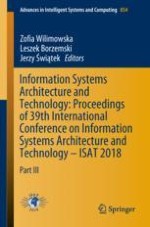2019 | OriginalPaper | Buchkapitel
A Genetic Algorithm to Solve the Hybrid Flow Shop Scheduling Problem with Subcontracting Options and Energy Cost Consideration
verfasst von : Sven Schulz
Aktivieren Sie unsere intelligente Suche, um passende Fachinhalte oder Patente zu finden.
Wählen Sie Textabschnitte aus um mit Künstlicher Intelligenz passenden Patente zu finden. powered by
Markieren Sie Textabschnitte, um KI-gestützt weitere passende Inhalte zu finden. powered by
